Springfield voters may consider adopting a sales tax measure alongside their presidential pick in November.
After a months-long stalemate, discussion of the potential tax — which would have to be approved by a majority of voters — reignited on Tuesday at a City Council Committee of the Whole meeting. Springfield City Council members agree that the city has a plethora of needs and a sales tax could help fund them, but work remains on exactly how to pitch it to voters.
Mayor Ken McClure effectively ruled out the general municipal election on April 2 as a possible election for a tax measure to be voted on, as the Jan. 23 deadline to secure its space on the ballot quickly approaches.
However, he expressed an openness to using the August primary election or the November general election, which would allow council members to find further consensus on the specifics of the ballot measure.
“I think we're headed in the right direction,” McClure said. “We'll just need to refine it and make sure that that's the best approach that we can submit to our voters.”
Background of discussions on a sales tax
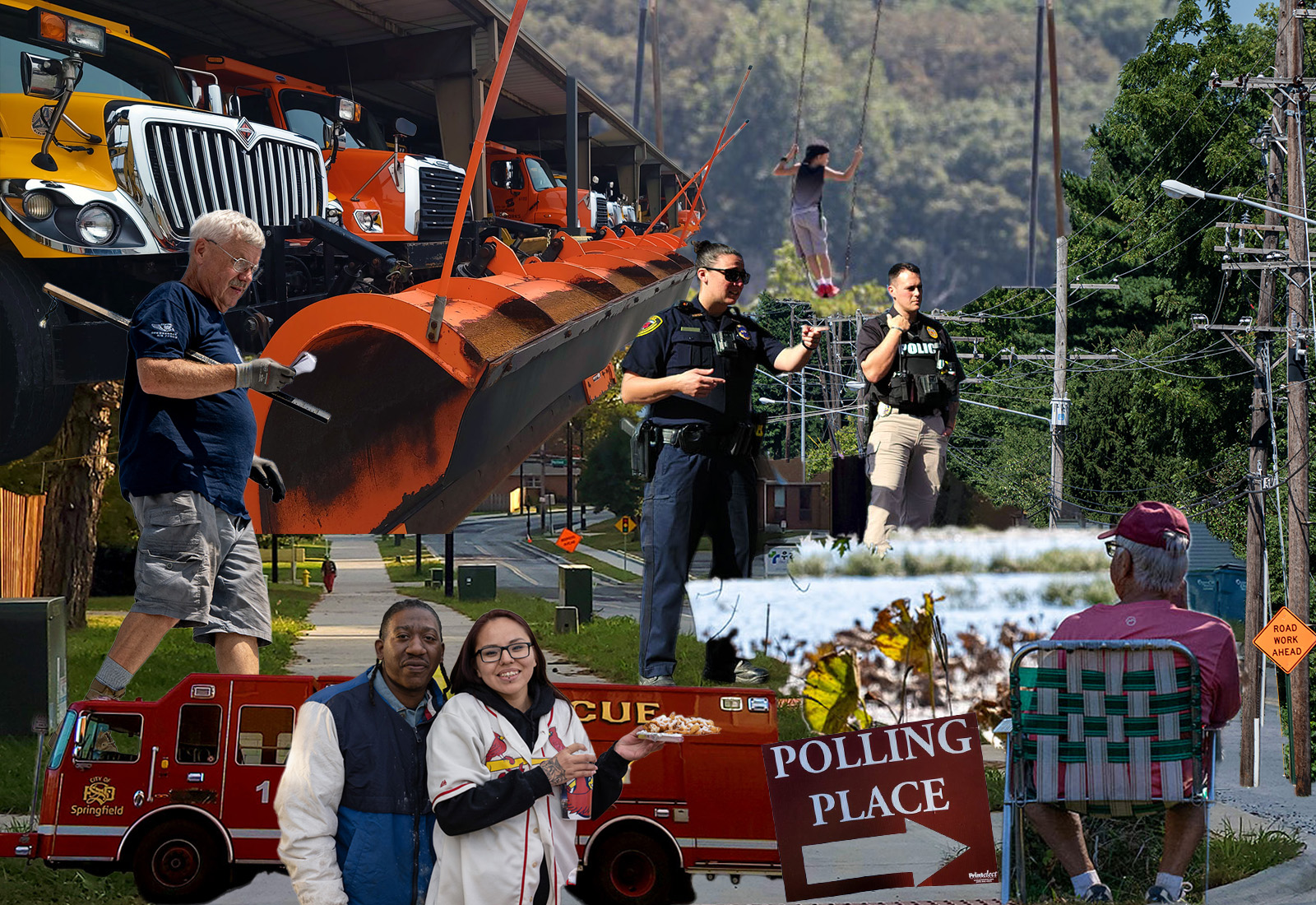
The City Council last discussed a new funding mechanism for Springfield’s needs at a Sept. 29 retreat, in which a ¾-cent sales tax was proposed to take effect following the March 31, 2025 expiration of a pension sales tax of the same value — meaning Springfield's overall sales tax rate of 8.1% would remain the same.
Council members weren’t entirely receptive to the proposal put before them, so much so that discussion effectively stalled, and a tax measure appeared doomed, at least for the April ballot. Even so, there appeared to be a general consensus — or at least a willingness — to find a measure they could all agree on, based on eight individual interviews conducted by the Hauxeda.
At the retreat, the ¾-cent sales tax was proposed as a means to pay for a broad range of needs across Springfield, including the remaining Police Officers’ and Firefighters’ Retirement System obligation, neighborhoods, capital improvements, roads, bridges and sidewalks, stormwater improvements, jobs and economic prosperity, parks and trails, beautification of public spaces, facilities, vehicles and equipment, and operation and maintenance of city facilities.
The proposed tax was suggested to be presented to the voters either on a 20-year term, or in perpetuity. Funding categories were determined, in part, from the input received during the making of the city’s current comprehensive plan, Forward SGF, and subsequent surveys that identified Springfield residents’ priorities.
Though new ballot language wasn’t pitched on Jan. 9, the City Council was provided with a document detailing some of the city’s long-term funding needs and rough cost estimates. A new municipal court, renovations to the Springfield Art Museum and ongoing improvements to the stormwater system were among the priciest projects.
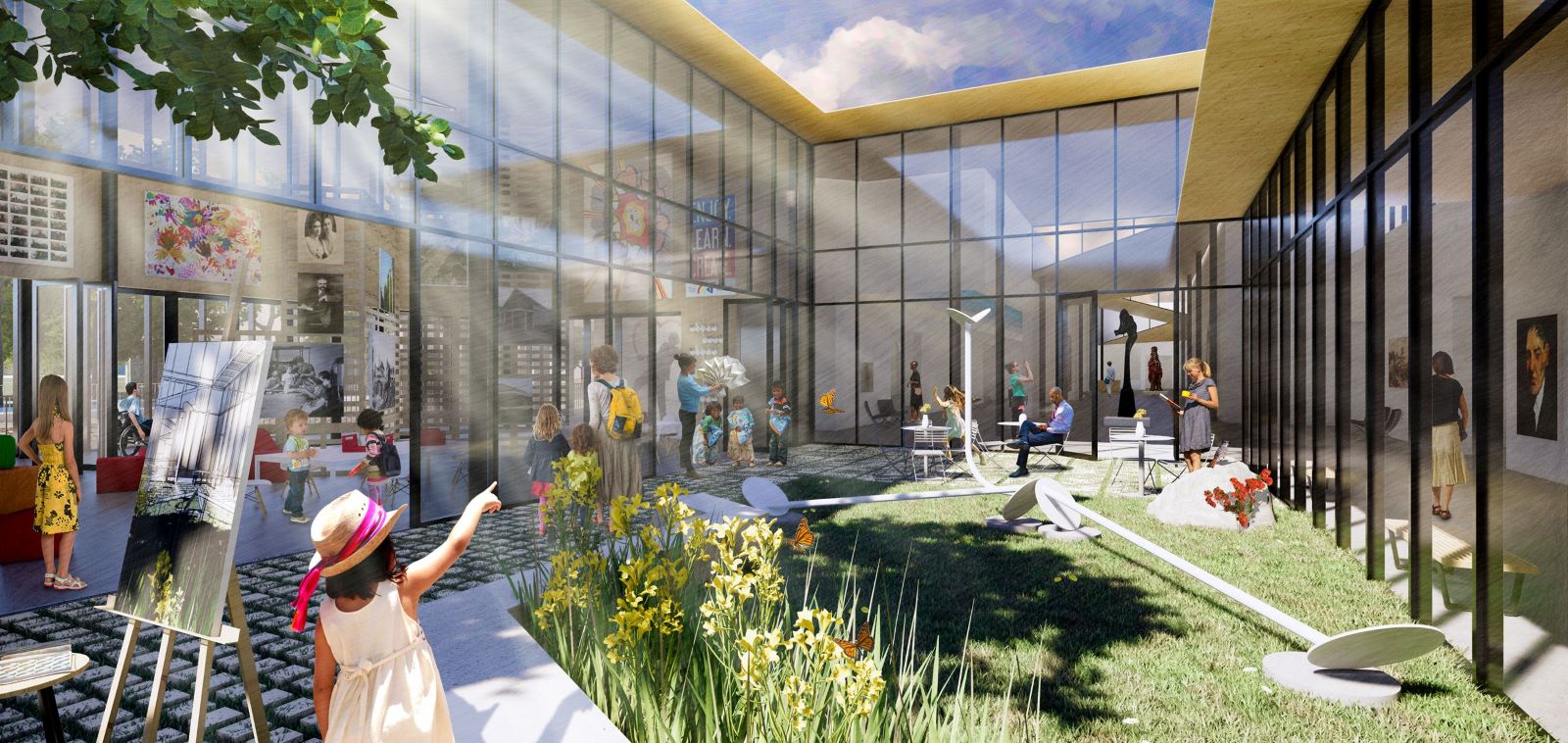
Expiration of pension tax poses adverse effect to general fund
Though 100% of the existing ¾-cent pension sales tax is dedicated to the Police Officers’ and Firefighters’ Retirement System, its expiration could take away from other city functions.
Then Pension Sales Tax was initially approved in 2009, and renewed for two additional five-year terms to help restore the ailing pension system, which closed to new hires in 2006. The tax has increased the funding level of the pension from about 35% in 2009 to over 90% today.
Currently, the pension tax brings in about $45 million annually — a figure a new ¾-cent sales tax is estimated to initially amount to. And though the current state of the system has been labeled a “success story,” continued investments of $3 million to $6 million a year are needed to help fully fund the pension.
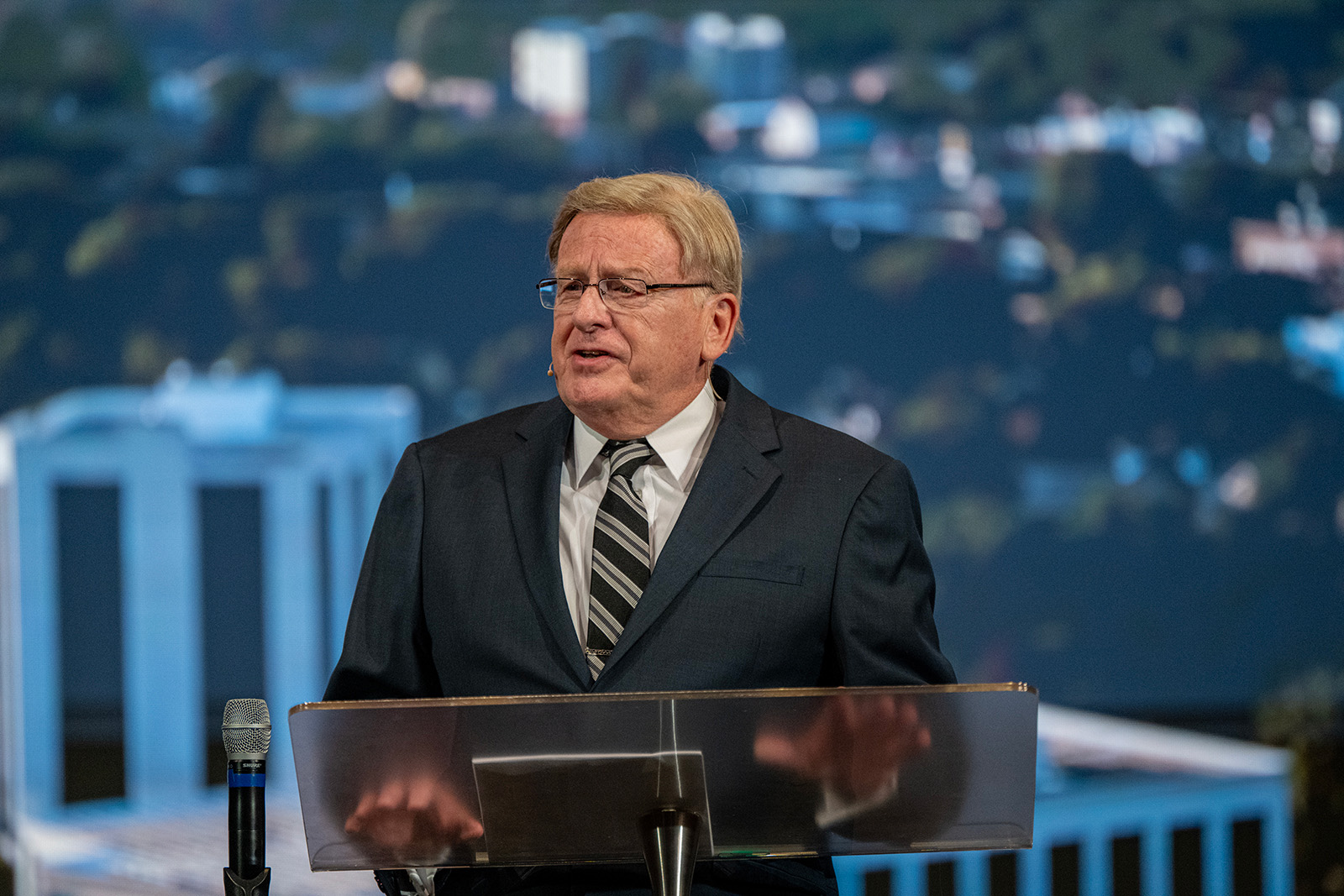
Unless a new revenue source is identified, the city will have to pay those contributions out of the general fund when the tax expires on March 31, 2025. That, coupled with an estimated $5.2 million loss in use tax revenue (which matches the city’s overall tax rate but only applies to out-of-state sales) would force the City Council to consider budget cuts elsewhere.
“That, frankly, will put us back where we were over 15 years ago where there were really drastic consequences in terms of our normal, expected and required city functions,” McClure said.
This potential predicament elicited concern among other council members, who emphasized that the pension would remain a priority with or without a new tax. But a new tax, Councilmember Matthew Simpson said, would not only allow the city to continue to deal with the consequences of past “short-sighted decisions,” but provide an opportunity to invest in the future.
Forward SGF, public safety, pension system pillars of consensus
Though council members proposed different approaches to a tax measure, and emphasized specific priorities, funding categories — in addition to the pension system — were generally rooted in public safety and the vision laid out in Forward SGF.
Councilmember Abe McGull said that putting a tax measure before voters is a “no-brainer,” and wants revenues allocated toward placemaking projects, such as the renovations to the Art Museum. Placemaking, or quality of place, is considered the “north star” of Forward SGF, and refers to features of the built environment that make it a desirable place to live.
In considering Springfield's long-term needs, Councilmember Heather Hardinger noted that priorities would change or develop over time, but that funding through a new sales tax could help fund the city's future, whereas the expiring Pension Sales Tax “funded the past.”
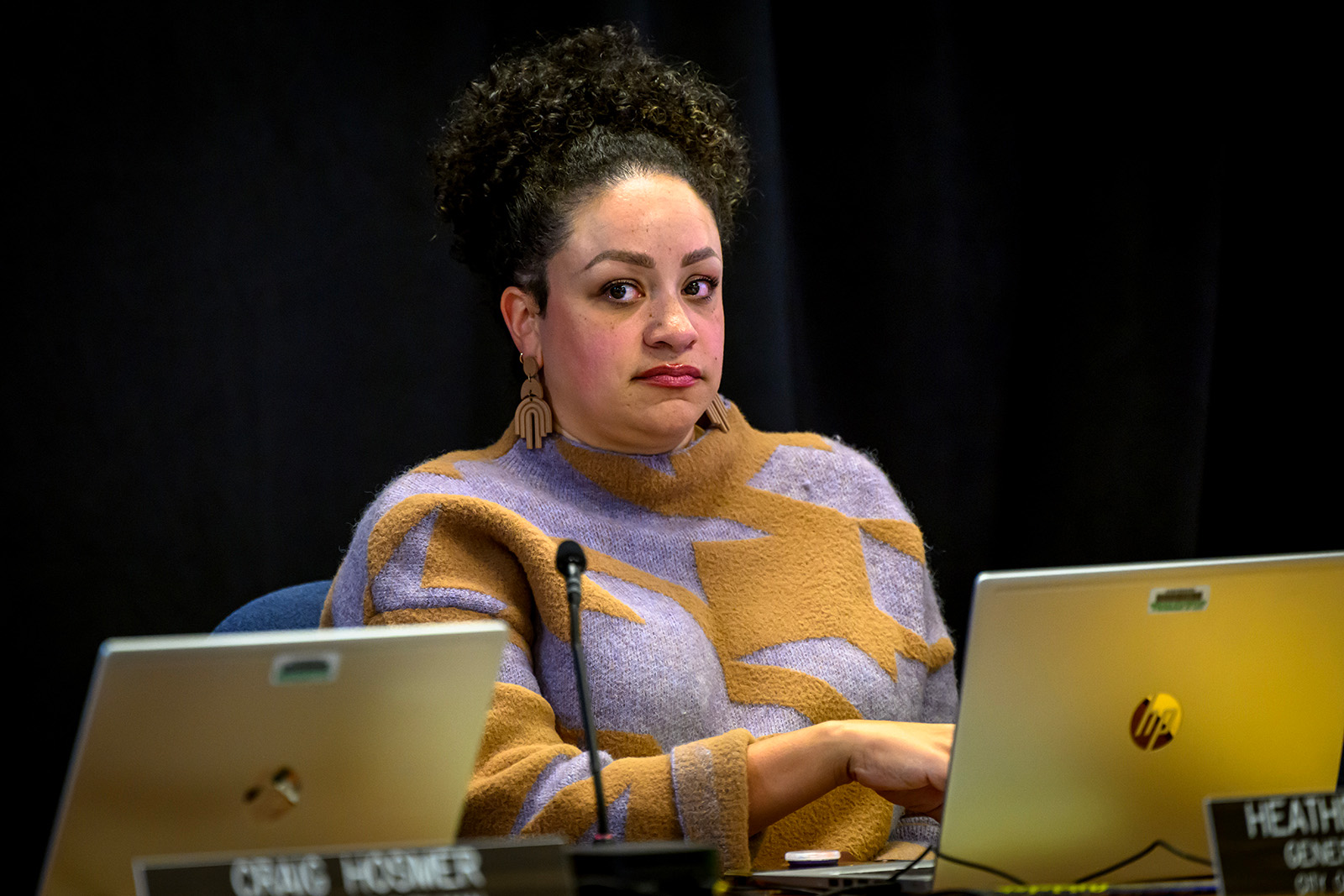
Public safety was of utmost importance to Councilmember Craig Hosmer, who would like to invest in efforts — such as filling vacancies at the Springfield Police Department — to reduce crime.
“We've got to do something different, we've got to do something transformative, that actually protects the city and makes a quality of place, not just by building something, but by protecting something,” Hosmer said.
While McGull and Hosmer’s sentiments were shared in various forms by the rest of the City Council, Councilmember Monica Horton challenged her colleagues to think outside the box.
“I really feel as though that we have to expand our imagination for public safety, we have to expand our paradigm for public safety to include the built environment, how we set things up in our city,” Horton said.
Councilmember Brandon Jenson suggested structuring a series of “smaller, targeted ballot measures,” which McClure warned could result in some winning at the ballot box and others losing.
McClure maintained that the ballot measure proposes a tax be perpetual, as a sunset could put ongoing expenses, rather than one-time capital projects, in jeopardy. Councilmember Derek Lee said that would be a “hard sell” to voters, and suggested a tax be proposed for a shorter term and list specific projects “where people can actually see what they’re voting for.”
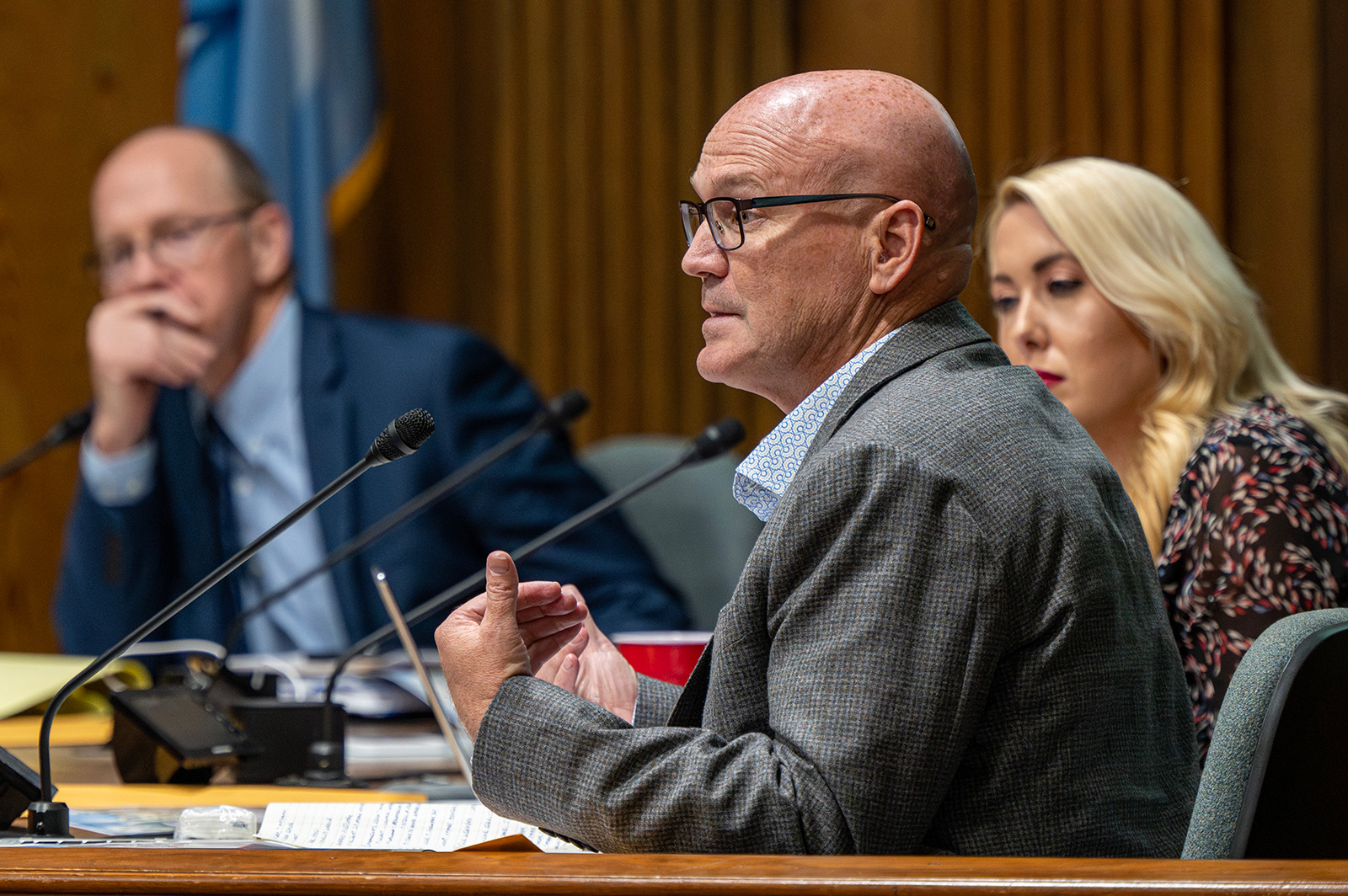
“When I hear it's going to last forever, I mean I think it's easy to say, ‘Yes, that's what I want,’ but I think we've got to get something that folks are going to vote for,” Lee said.
Though it remains to be seen what exactly folks are going to vote on, the discussion was fruitful as support for some form of a tax measure to address Springfield’s long list of needs appeared ubiquitous amongst the City Council.
“I think that our community looks very different depending on which path we take,” Simpson said. “And I think it's much better, we have a much brighter future if we take advantage of this opportunity.”
Talks will continue in the committee to determine the particulars of the tax measure, and how to effectively educate voters in time for an August or November election. In order to make either ballot, the City Council would have to formally approve it by May 28 or Aug. 27, respectively.

